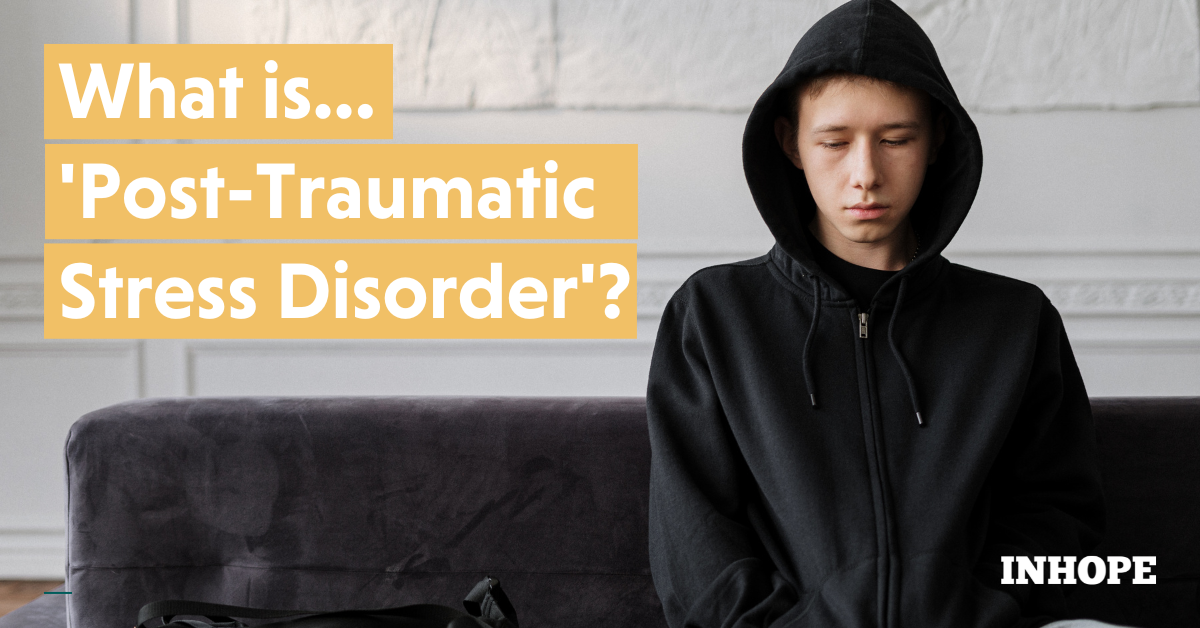Article
Educational Articles
What is PTSD?
Commonly associated with the ex-military, post-traumatic stress disorder (PTSD) is an anxiety disorder triggered by an extremely stressful or traumatic experience the result of which can be debilitating.
Individuals who suffer from PTSD often relive the traumatic event; this is one of the most common symptoms which occurs. It is a myth that PTSD is only a result of physical trauma, in fact, mental trauma and being a witness of a traumatic event can also lead to PTSD.
Over time we have learned that PTSD can develop from any traumatic experience and is not limited to specific scenarios or age. Those who suffer repeated trauma are diagnosed with complex PTSD. Victims of child sexual abuse are generally diagnosed with complex PTSD which is sometimes referred to as developmental trauma disorder (DTD) as the trauma takes place during the key developmental phase of a child’s life.
Signs of complex PTSD in children:
- attachment issues
- lack of trust
- negative self-perception (body shaming, shame and low self-esteem)
- self-harm
- disassociation
In a study called Pathways to PTSD, part II: Sexually Abused Children, they found that “Symptoms measured at the time of disclosure constitute direct, independent pathways by which sexually abused children are likely to develop later PTSD symptoms. These findings speak to the importance of assessing children during the disclosure of abuse in order to identify those at greatest risk for later PTSD symptoms.”
The likelihood of PTSD in cases of child sexual abuse (CSA) is very high and child sexual abuse material (CSAM) increases that risk. CSAM revictimises victims who suffer additional trauma every time their abuse is viewed online, this trauma is also not limited to the victims, but also to the public who find it and the digital first responders who review this content online. These individuals are also very much at risk of experiencing PTSD themselves.
There are many treatment options for PTSD in cases of child sexual abuse and preventative care exists to provide early treatment to reduce the impact of potential PTSD symptoms. Additionally, PTSD is not experienced by everyone, and it is not clear why certain individuals experience it and others do not.

If you'd like to learn more about topics like this, then
click here to sign up for INHOPE Insights and Events.